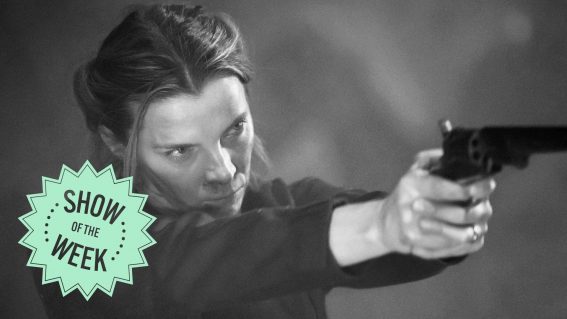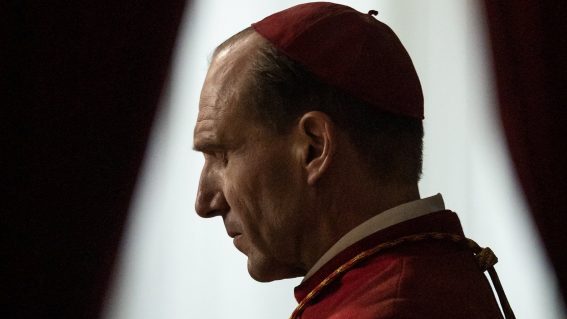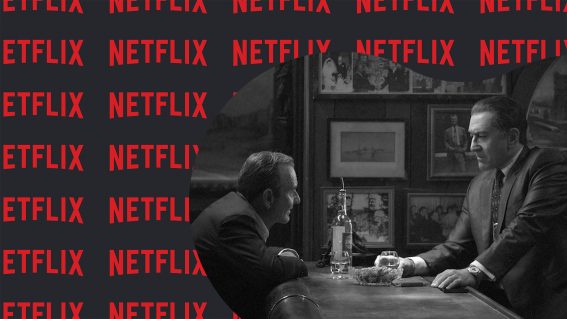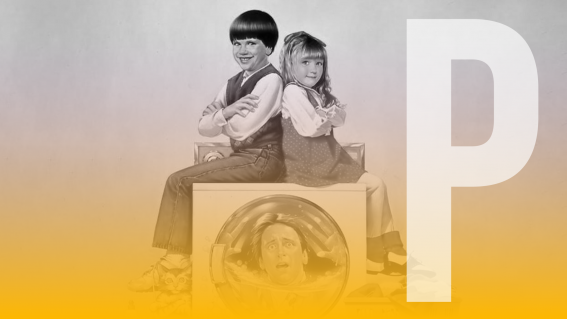Retrospective: Friday Night Lights delivered dynamic drama, never merely focusing on football
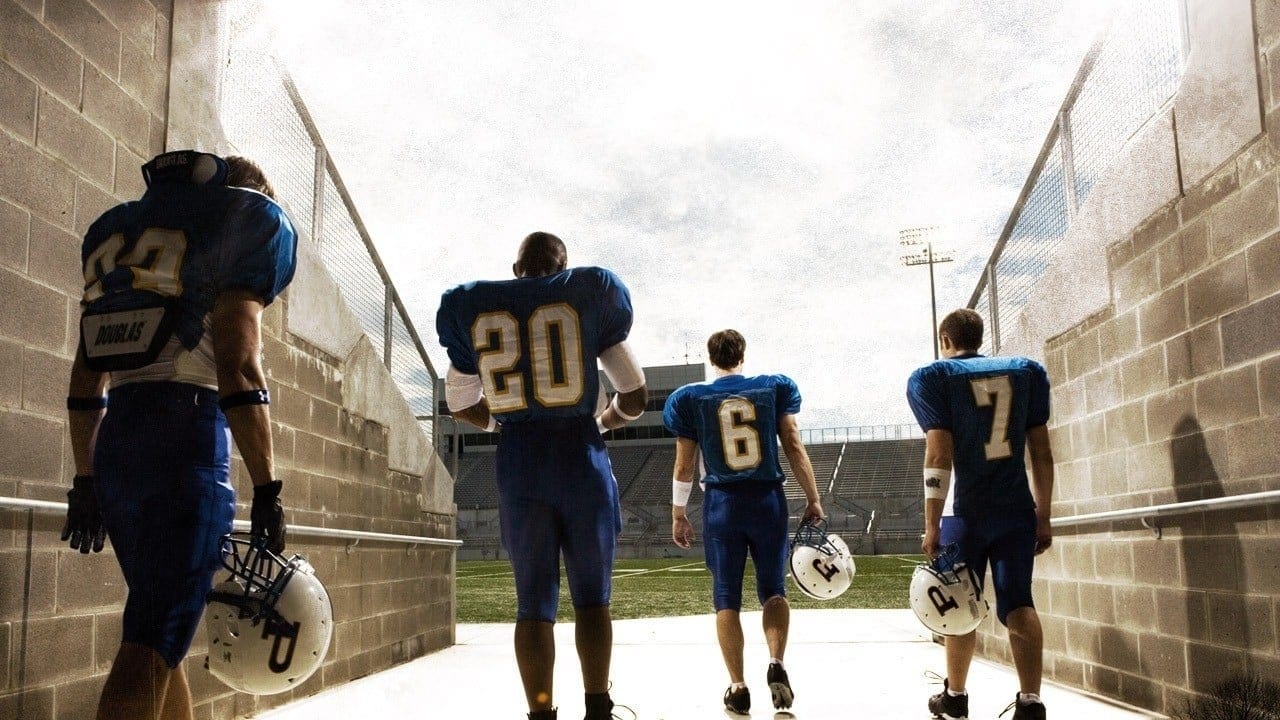
A decade and a bit after its premiere, the high-school gridiron melodrama of Friday Night Lights still enthralls Cat Woods. Here, she especially praises Zach Gilford and Kyle Chandler’s emotive performances.
Friday Night Lights: Season 1
A whole drama series based on a US high school football team might appeal to some, but not sports-averse viewers like myself. So, how is it that Friday Night Lights hooked me from the first episode and kept me captivated through its entire five series?
At its essence, Friday Night Lights—which ran from 2006 to 2011, based on the feature film of the same name from 2004—is not about football. It’s not about high school, either. It is a distillation of society in all its messy, grim, beautiful, and revelatory dynamism. Not since the original Degrassi High has a TV series been brave enough to broach sexual assault, teen pregnancy, abortion, racism, and addiction without providing easy answers, or wrapping up its storylines neatly so that viewers can sleep at night.
The calibre of the acting and scriptwriting is the heart of the series, providing a foundation for actors from the series to spring into leading roles across prestige TV and film. Connie Britton as Tami Taylor is both clever, compassionate, and a cool-headed foil to her high school football coach husband, Eric Taylor (Kyle Chandler). Britton went on to the very soapy Nashville and The White Lotus. Chandler, since FNL, has starred in multiple TV series and movies, most notably Bloodline (opposite the inimitable Ben Mendelsohn and Sissy Spacek).
The series also fostered Jessie Plemons, Taylor Kitsch, and Minka Kelly before they were movie casting catnip. As troubled heartthrob Tim Riggins, Kitsch exuded movie-star quality. Not only in his swarthy jaw, deep honeyed tan and rippling musculature (you get the picture), but in his ability to convey a lifetime of stories in the downcast of his eyes or a sombre nod.
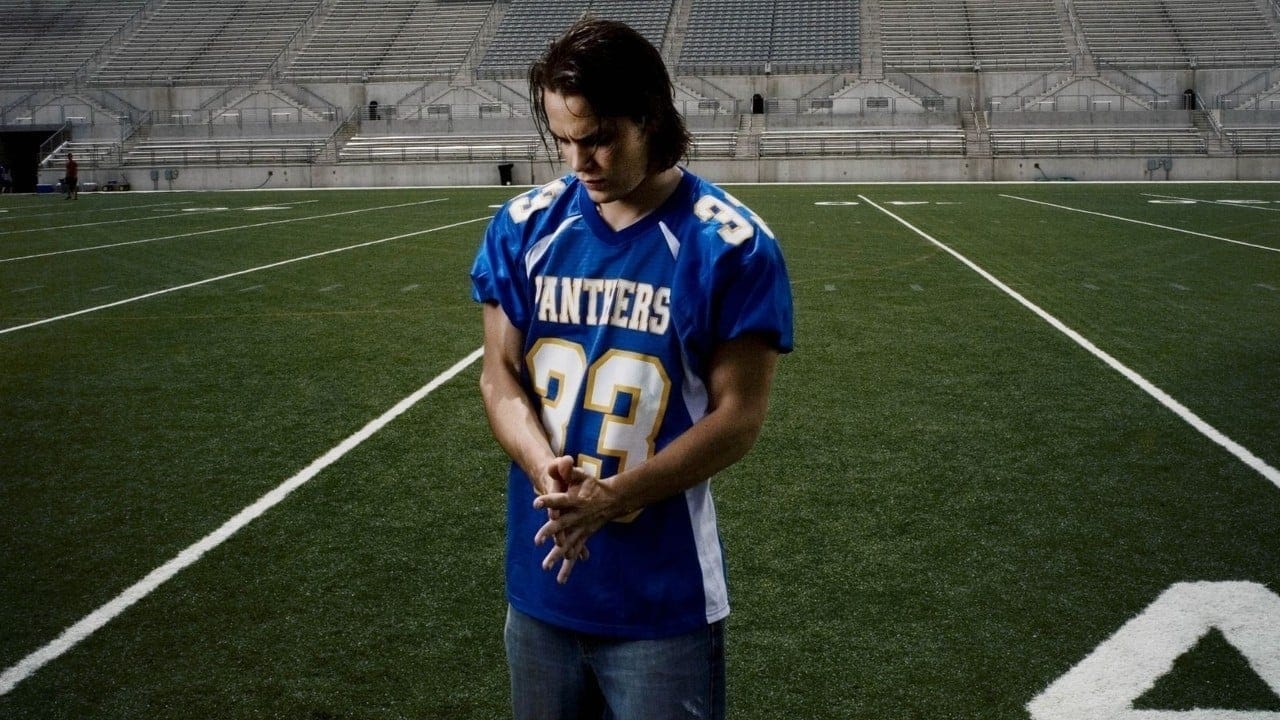
This focus on gestures and intimate close-ups rather than excessive, snappy dialogue (à la The West Wing) or smart-alec snarkiness (Gossip Girl), ensures that viewers can’t afford to be distracted while watching. So much is said in the silences. As Matt Saracen, Zach Gilford is exceptional as both an abandoned son and the emotional punching bag for girlfriend Julie Taylor, his coach’s daughter. He steals the series when he learns that his absent father Henry has been killed by an explosive device while on military tour in Iraq. Ashen-faced at the funeral of a father who never bothered to know his son, Saracen manages to convey grief, confusion, resolve, and fury without hamming up the melodrama.
That may be the key to Friday Night Lights, in fact. Make no mistake, it is a melodrama. There’s death, sex, unrequited love, deception, and trauma in every episode (hell, every few minutes, really), and yet it never yields to a shamefully soapy lather akin to later seasons of The O.C. or Melrose Place. There’s enough silence, intelligence, and complex human frailty to entangle you in its web.
Holding the centre, around which all the characters are the planets within his solar system, is Chandler’s coach. He is, of course, not your average high school sports coach. He is a father-figure, a role model, and a flawed, relatable human being. The way his lips tense and eyes darken when he can see his players suffering? Well, if you’re not moved, and if you don’t wish— just a bit, even—that he was your dad, your coach and your best friend, then you might need to check that you have a pulse. His mantra, for football and life, remains unforgettable to this day: “Clear eyes, full hearts, can’t lose.” As Tami says, her husband is “an educator first, and a molder of men.”
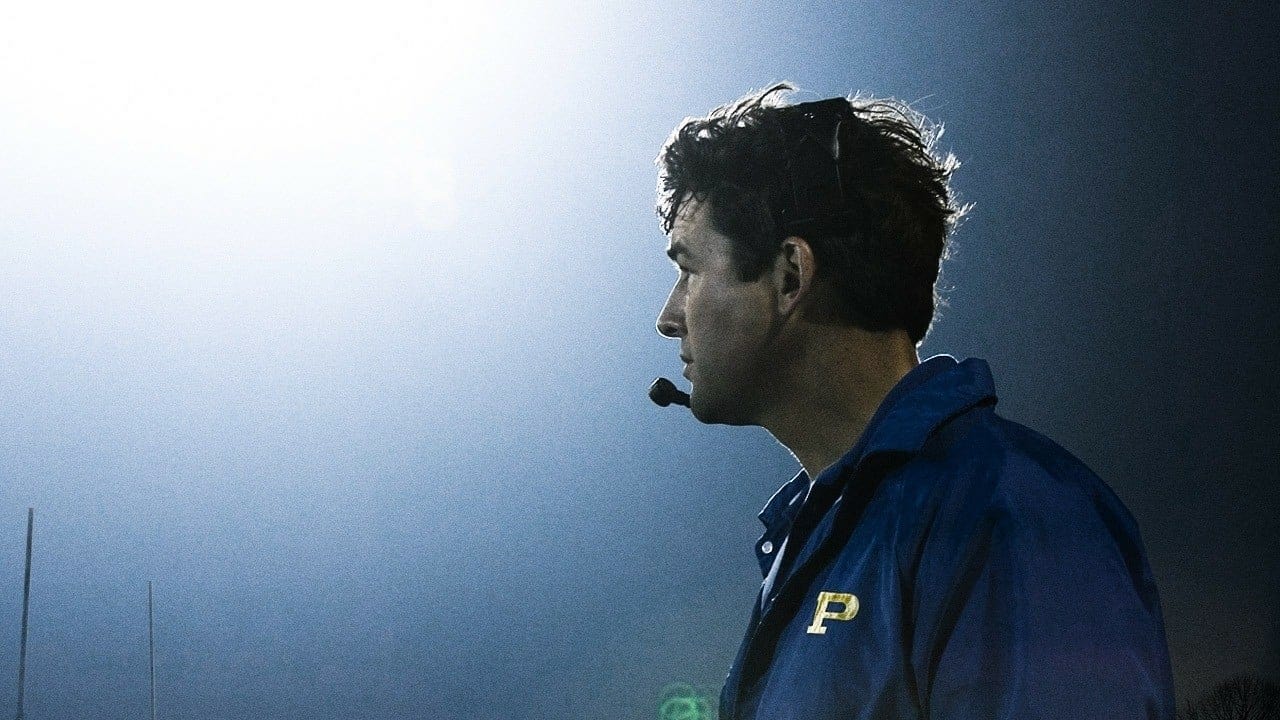
His work is cut out for him. In this part of Texas, many of the students live in public housing or caravans, often with a few generations of their family sharing the limited space. Alcohol abuse is rampant, the sun beats down relentlessly, and there’s an inherent mistrust of outsiders. If you didn’t grow up here, who the hell are you?
For Tim Riggins, Matt Saracen, Brian Williams, and Vince Howard, Taylor is the father figure that each of them has been lacking. He is the father figure we may or may not be lacking. Long after FNL wraps with season five, you’ll find yourself repeating Taylor’s advice to his crestfallen players after a loss: “this game is not over, this battle is not over.”




